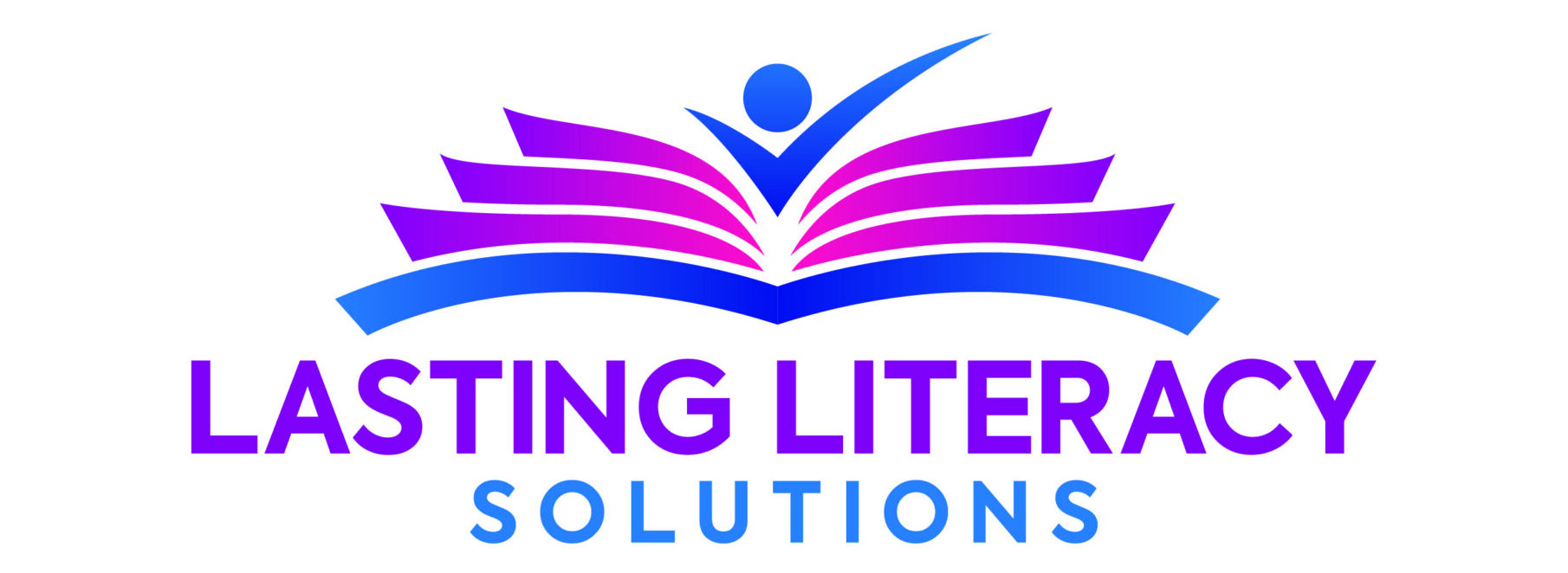Past & Recent Teaching
- K-5 students with mild-moderate special needs (i.e. learning disabilities including dyslexia and language comprehension disabilities; ADD/ADHD; high-functioning autism)
- Students below grade level in literacy (i.e. AIS, Tier 2, Title 1)
- Undergraduate (Sophomore – Senior level literacy methods courses, including student teaching supervision)
- Graduate (Literacy Specialist candidates – diagnosis, intervention, content area literacy, clinical practicum)
Recent Consulting
- Collaboratively developed literacy assessment framework for elementary schools designating which assessments are to be administered, when, to whom, and by whom throughout the school year
- Collaboratively revised local early literacy assessments
- “Rebalanced” district balanced literacy program
- Collaboratively revised district’s Response to Intervention (RTI/MTSS) plan including developing district handbook for RTI
- Advised committee review and acquisition of district-wide literacy curriculum and assessments
- Advised committee development of elementary literacy curriculum scope & sequence
Recent Professional Development
- Literacy assessment administration (oral reading, fluency, phonics, reading comprehension, spelling)
- Analysis and use of literacy assessment results
- Balanced literacy practices & framework
- Wilson Fundations
- Words Their Way
- Fountas & Pinnell Phonics
- Literacy curriculum analysis
- Response to Intervention
- Collaborative Data Inquiry
Professional Presenting
- Association of Literacy Educators and Researchers
- New York State Reading Association
- International Literacy Association
Research & Scholarship
Davis-Duerr, J. (2017). Literacy leaders in partnership. In R. Johnson, J. Araujo & N. Cossa (Eds.), Association of Literacy Educators and Researchers Yearbook, Volume 39, Literacy: The Critical Role of Teacher Knowledge, 249-260.
Davis-Duerr, J. (2017). Implications of cooperating teachers’ experiences with edTPA. Excelsior. 11(1), 28-44.
Davis-Duerr, J. (2017). Partnering for professional development. Language and Literacy Spectrum. 27(1), Article 2.
Davis-Duerr, J. (2016). Book review. Reading Nonfiction: Notice & Note Stances, Signposts, and Strategies (2nd ed.) Kappa Delta Pi Record, 52(2), 95.
Davis-Duerr, J. (2015). Hands-on reading comprehension: Distinguishing paraphrasing, retelling, summarizing, and synthesizing. The Reading Professor, 38(1), 21-26.
Davis-Duerr, J. (2015). Planning on preservice teachers’ affective domains of reading. Journal of Reading Education. 40(3), 17-22.
Davis-Duerr, J. (2013). Preservice teachers’ affective domains: Reading models in progress. Affective Reading Education Journal. 32(Spring, 2013), 15-25
Davis-Duerr, J. (2011). Instructor’s Manual and Test Bank for Diagnosis and Improvement in Reading Instruction (6th Edition), by Dorothy Rubin, Michael F. Opitz, and James A. Erekson. New York: Allyn & Bacon.
Opitz, M. F. & Davis-Duerr, J. (2010). Literacy lessons to help kids get fit and healthy. New York: Scholastic.
Davis-Duerr, J. (2010). Betting on theory for a win-win: Poker and literature discussion groups. Journal of Reading Education, 35(2), 47-48.
Davis-Duerr, J. (2009). Creating illiteracy: Why Johnny can’t (only) read; New literacies vs. old policies. Language and Literacy Spectrum, 19, 20-28.
Davis-Duerr, J (2009). Meeting their needs: Memoirs of three generations of teachers striving to teach reading. Wisconsin State Reading Journal, 48(2), 31-42.
